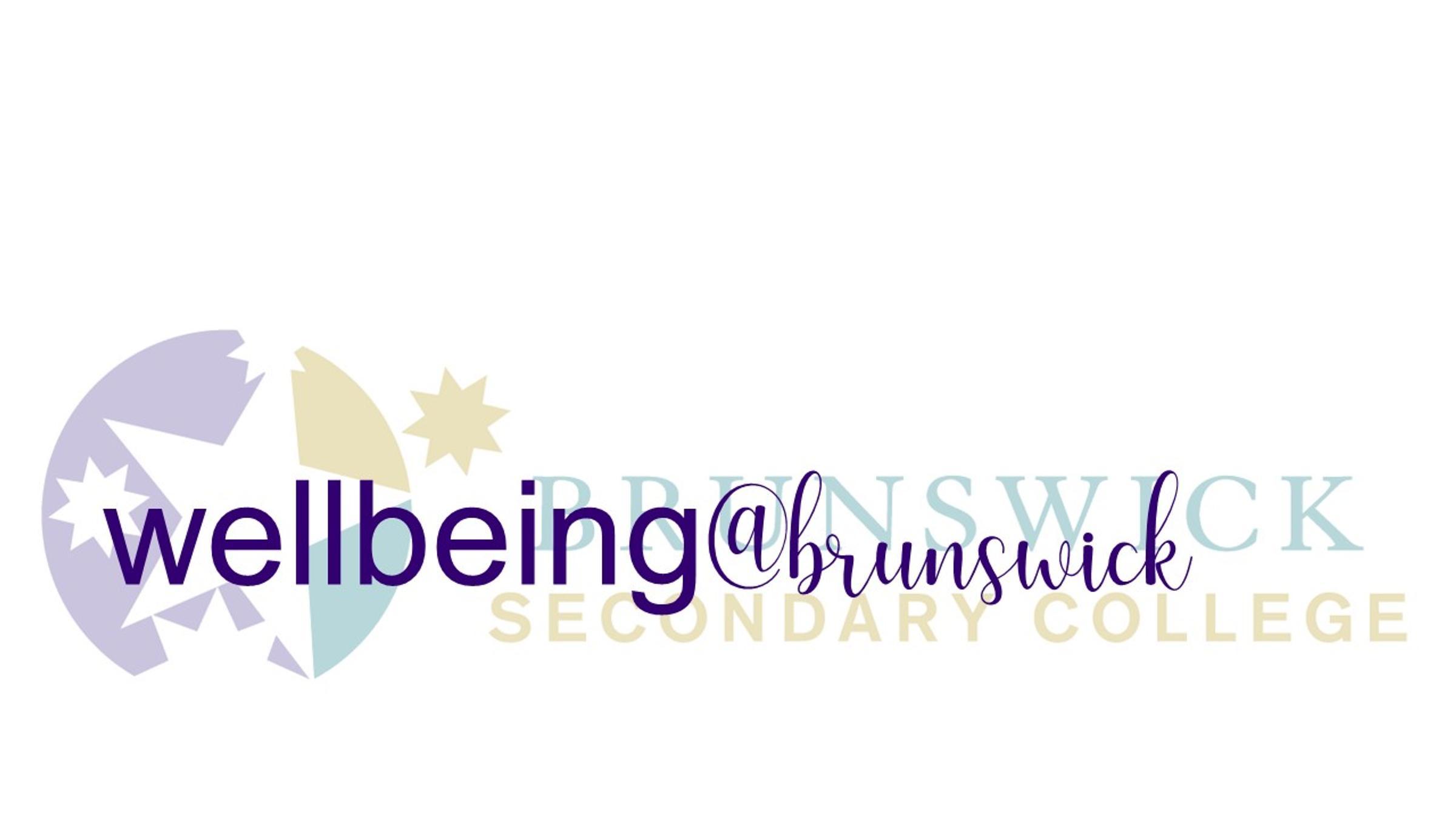Changing It Up!

Jacinta Vengtasamy
Mental Health Practitioner
The "Changing It Up" policy paper by Orygen (2022) examines the mental health challenges young people face during transitions in education and employment contexts. These transitions can strain young people’s resources and support systems. The paper highlights strategies foster resilience and adaptive coping in young people.
School Transitions
Educational transitions, such as moving from primary to secondary school or to post-secondary education, are pivotal but stressful. Young people commonly experience anxiety, loneliness, and uncertainty during these phases, which can affect their mental health and social belonging. Post-secondary transitions also introduce financial stress and require greater independence, with those facing mental health challenges being particularly vulnerable.
Strategies:
Preparation: Encourage participation in orientation programs to ease social and academic adjustments.
Routine and Support: Maintain consistent home routines and foster open communication to address concerns.
Skill Development: Teach time management and study habits to empower young people.
Year 7 Transition: familiarise yourself with the content here - Transition to BSC
Employment Transitions
Entering the workforce after school is marked by uncertainty, job insecurity, and inadequate preparation. These challenges can undermine confidence and mental health, especially for those without strong support systems.
Strategies:
Career Readiness: Offer workshops on resume writing, interview skills, and workplace rights. Get to know Laura Hughes, Careers Counsellor here at BSC.
Mentorship: Connect young people with mentors to guide them.
Work-Life Balance: Promote mindfulness and self-care to manage workplace demands.
By preparing and supporting young people through transitions, families can help foster resilience and positive mental health outcomes.




